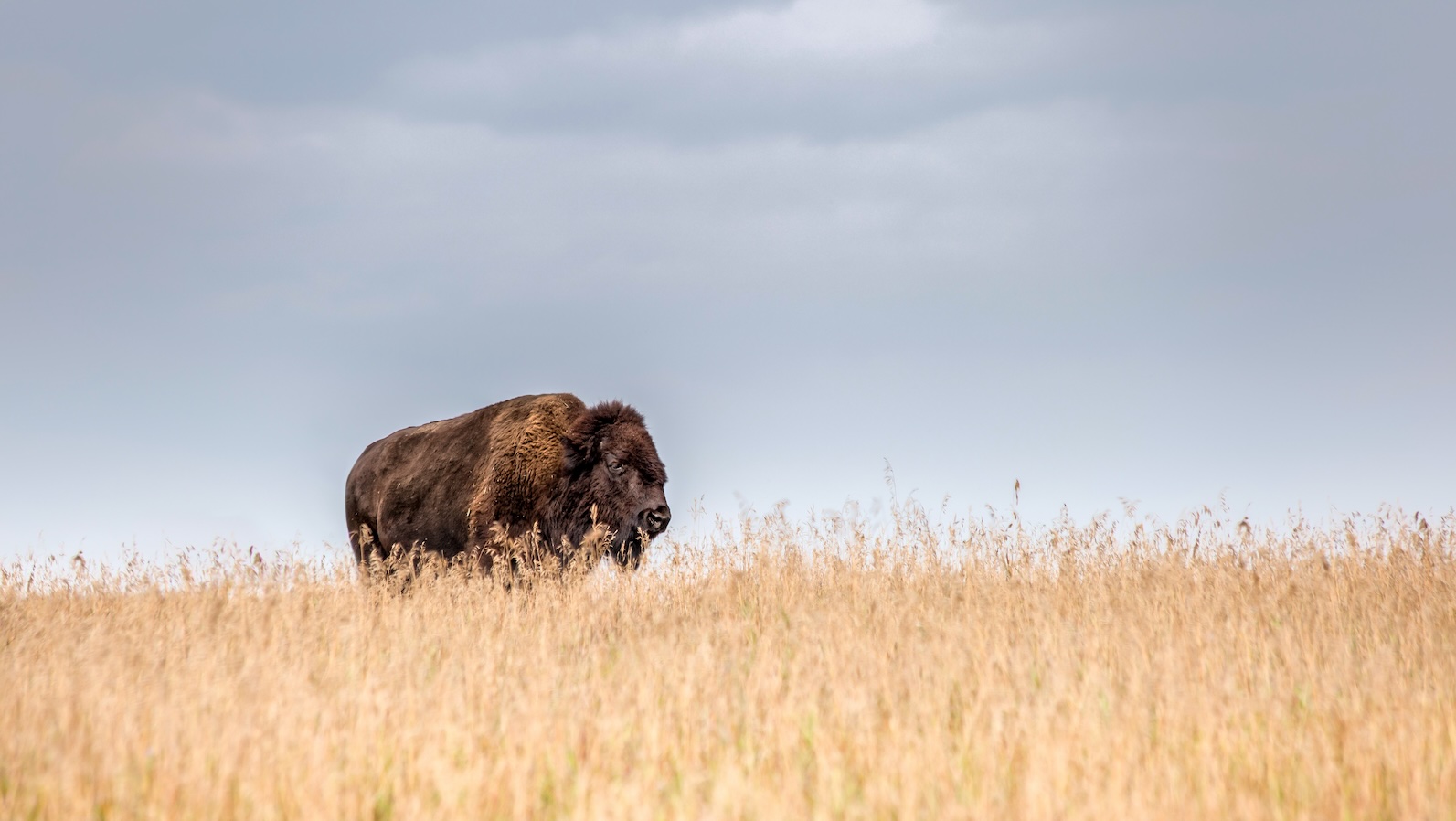Senator Jeff Merkley on protecting the Arctic National Wildlife Refuge
One of the Arctic Refuge’s most passionate supporters explains why protecting this wildlife haven is so important
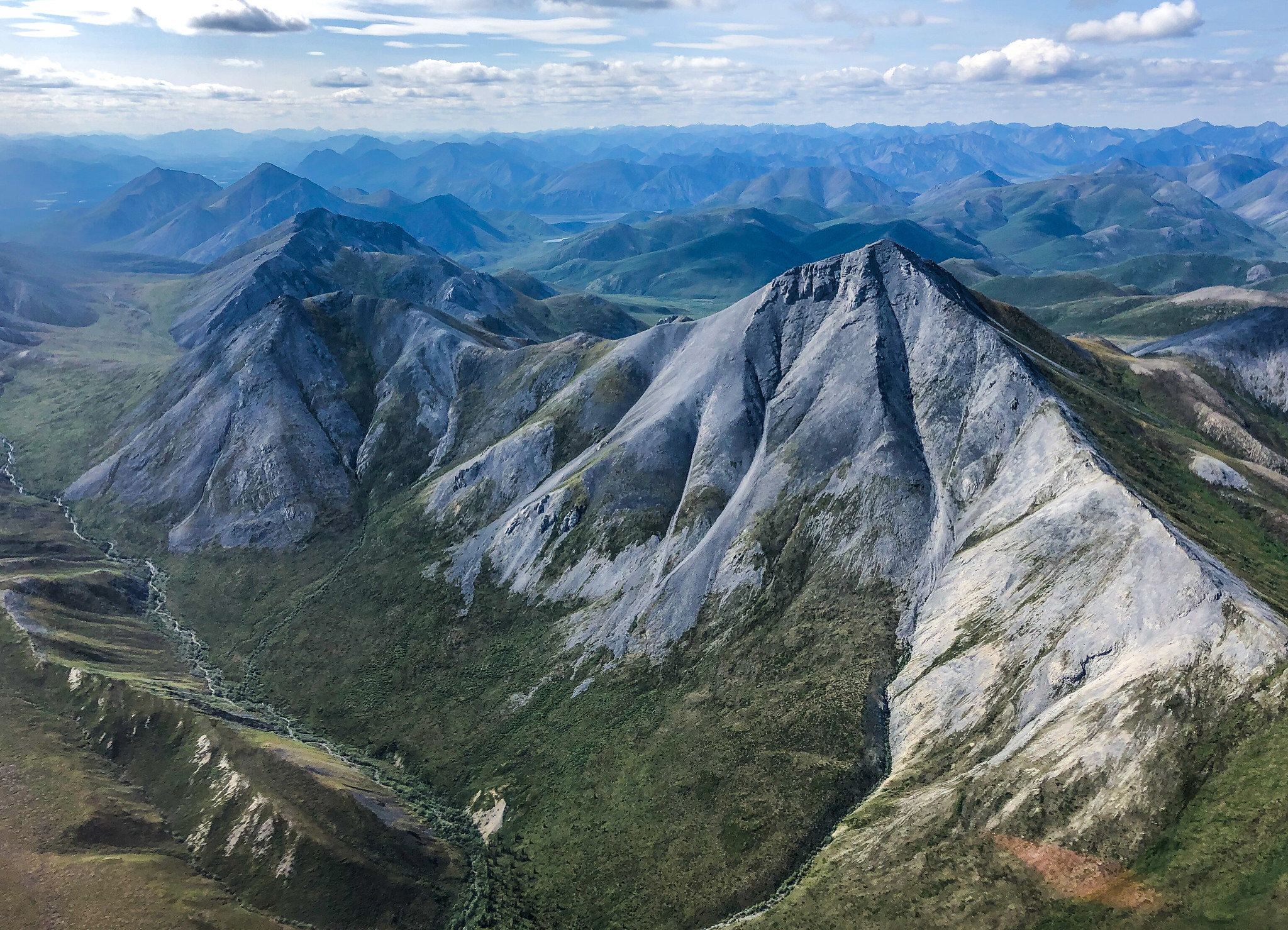
Senator Jeff Merkley (D-OR) has been in office for over a decade, and since assuming his seat in 2009, so much has changed. Presidents have come and gone, renewable sources of energy have begun to boom, and the COVID-19 pandemic has totally transformed just about everything in our lives.
One thing that has remained constant, though, is that the Arctic National Wildlife Refuge remains a source of contention. Since the refuge was established more than 60 years ago, oil companies have clamored at the opportunity to drill there, which would seriously damage the environment and endanger the critical species who depend on it for their survival and prosperity. In 2017, Congress passed a tax reform bill that established an oil and gas leasing program in the refuge, reversing decades of bipartisan protection and opening the sacred place to a worst-case scenario of environmental damage.
Kevin Pollack, one of Environment America’s federal legislative associates, caught up with Sen. Merkley to discuss the refuge and why we must prioritize protecting it.
This interview has been lightly edited for clarity and brevity.
KEVIN POLLACK: Why should we protect the Arctic National Wildlife Refuge?
SENATOR JEFF MERKLEY: The Arctic Refuge is vital to the livelihoods of families and wildlife that rely on the health and sustainability of its environment. Protecting the refuge is protecting the homes of migratory birds, caribou, and polar bears that inhabit the land, while ensuring the region remains a sacred home for Indigenous peoples and their cultures.
Pollack: How long have you been engaged with the Arctic National Wildlife Refuge, and how has the issue changed since you first got involved?
Sen. Merkley: During my 13 years in the U.S. Senate, I have stood with the advocates and activists who understood the importance of the Arctic National Wildlife Refuge and its place among the national treasures in our country. What has changed, unfortunately, is that the climate crisis has become much more dire. We are at “code red,” where catastrophic wildfires, frequent heat waves, and record-breaking storms are putting communities and ecosystems in jeopardy. We must boldly drive a fast transition from the fossil fuel economy to the renewable energy economy.
Read more: Environment America’s Renewables on the Rise report
Pollack: What are the consequences of opening the refuge to drilling?
Sen. Merkley: Fossil fuel companies want to continue harming our public lands with drilling efforts that bring in huge profits for themselves, while ignoring their impact on climate chaos and the long-term consequences on the environment and public health. The evidence is clear: Opening up new reserves of fossil fuels locks us into dirty energy sources for decades to come and only ensures that our children will be dealing with bigger and worse disasters from climate chaos.
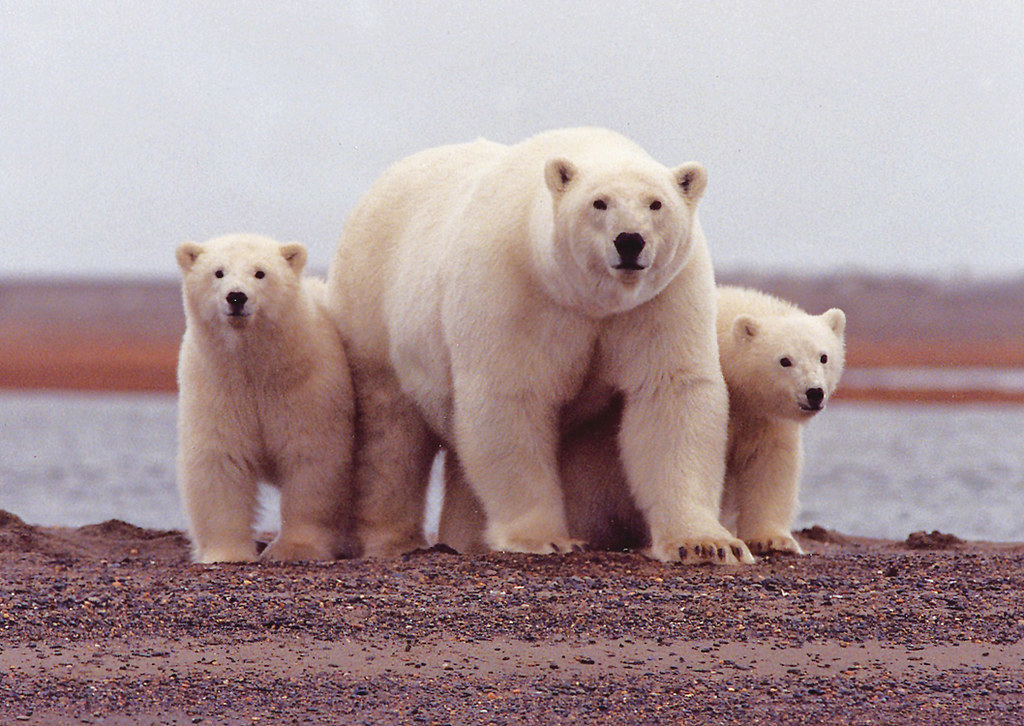
Pollack: What’s your favorite animal in the Arctic Refuge?
Sen. Merkley: Polar bears hold a special place in many of our hearts. I will continue fighting to ensure we preserve their existence and stop oil leases that threaten not only these majestic animals, but entire ecosystems and ways of life within the refuge.
Pollack: Do you have a favorite place in nature close to home?
Sen. Merkley: Mary and I have been heading out on day hikes on the Pacific Crest Trail with Roxy, our adopted 9-year-old Airedale. It is a beautiful place to restore the soul.
Cover photo: Flying over the Arctic National Wildlife Refuge. Credit: Danielle Brigida, USFWS via Flickr. Public domain.
Take action: protect the Arctic National Wildlife Refuge
Topics
Authors
Kevin Pollack
Find Out More
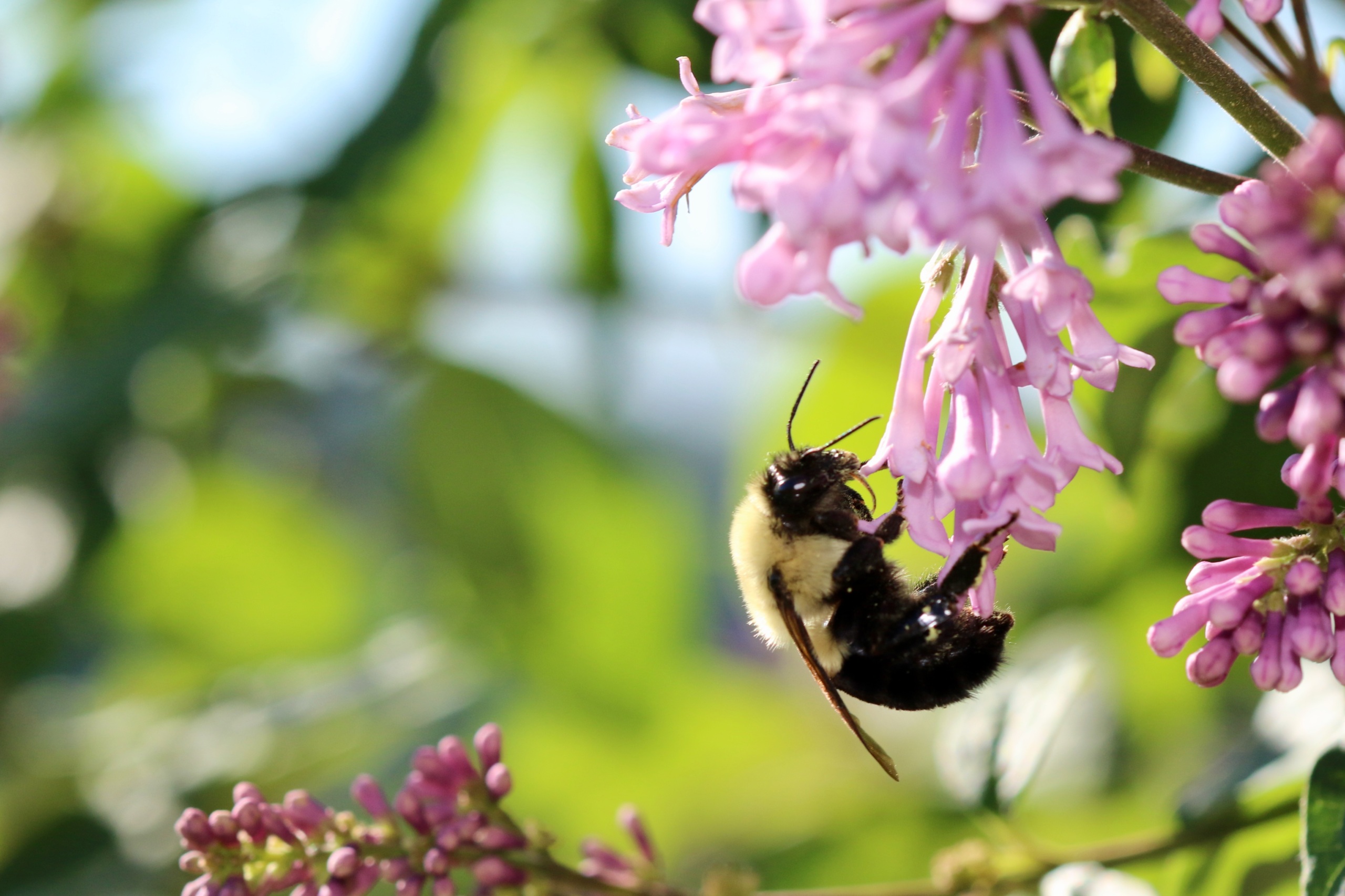
Why we should save the bees, especially the wild bees who need our help most

Bank of America said it would stop financing drilling in the Arctic Refuge. Now it’s backtracking.
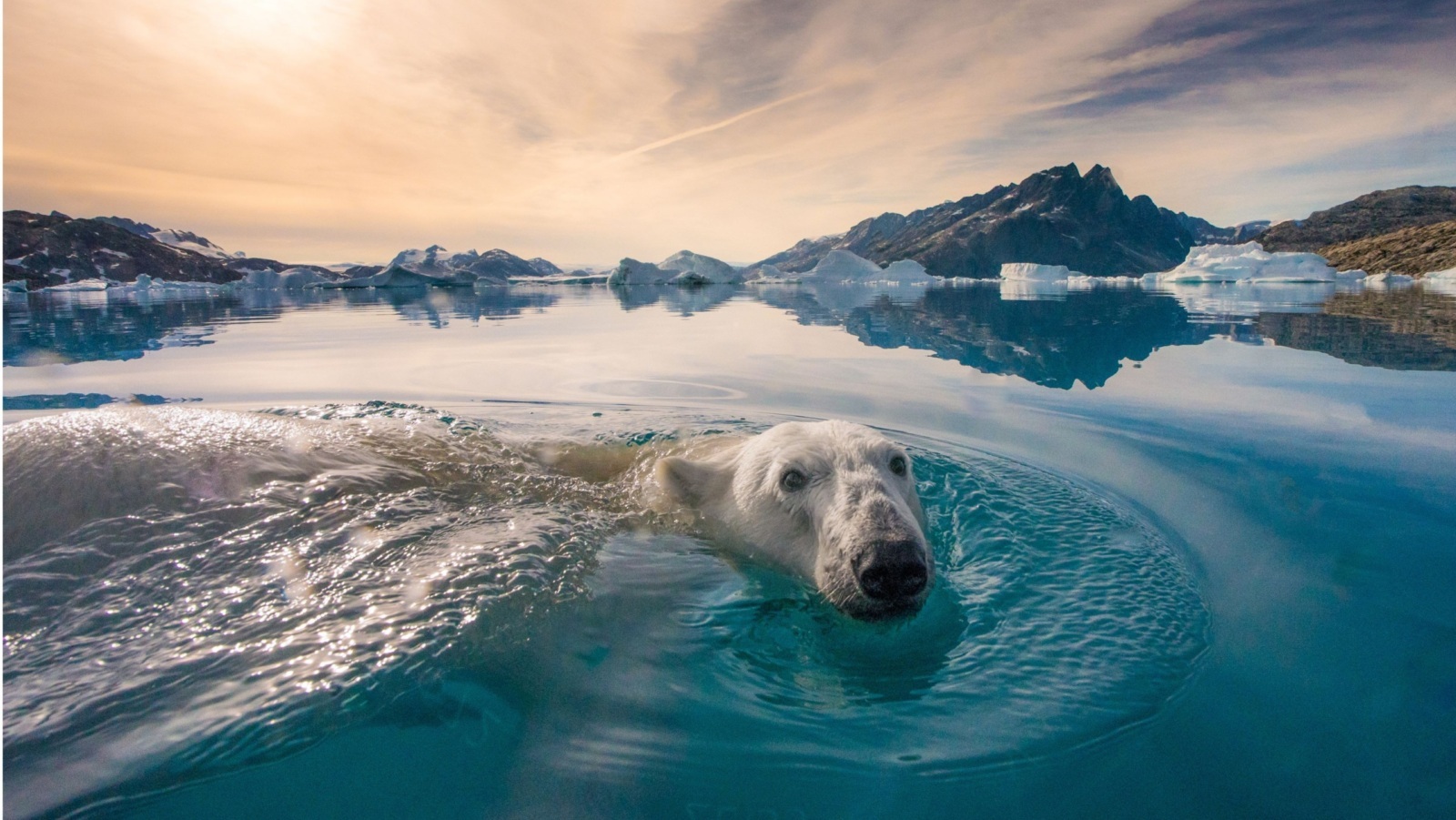
Storytellers take a stand to protect wildlife
